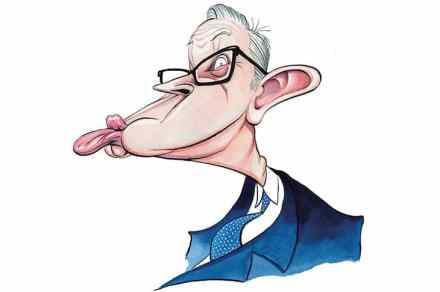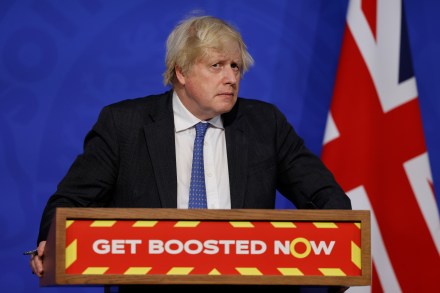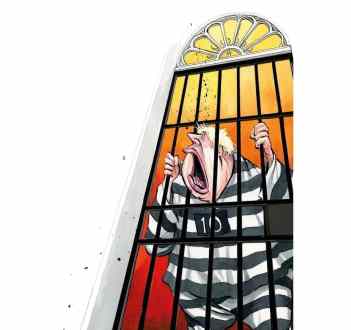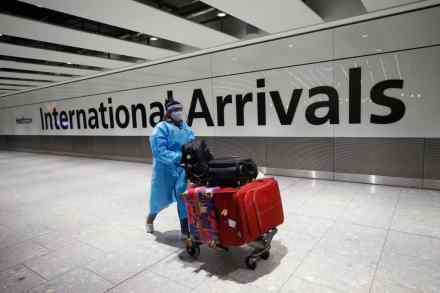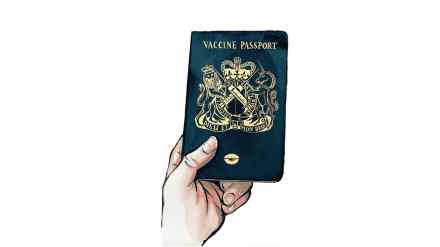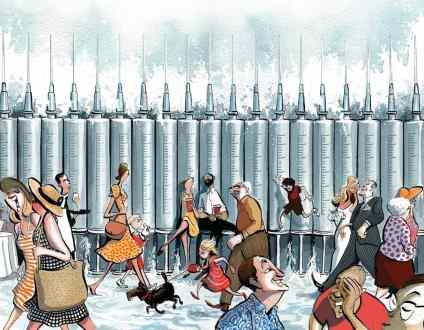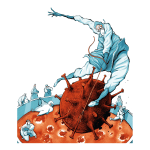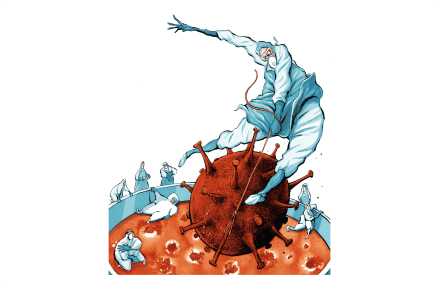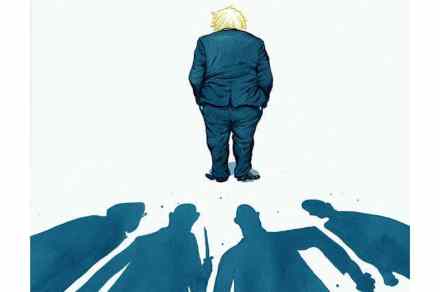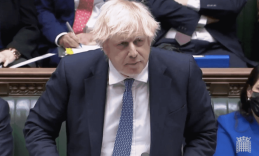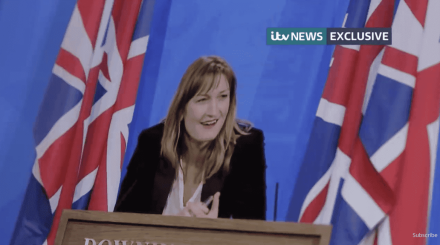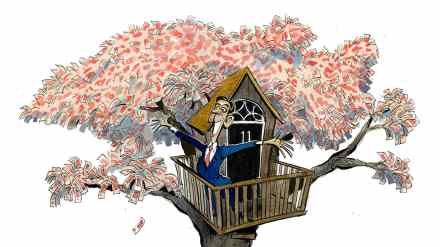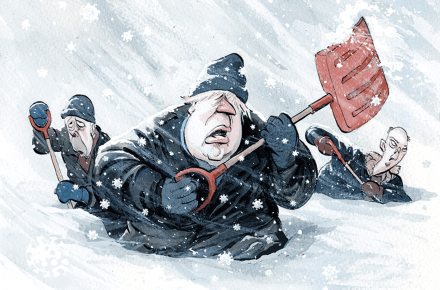‘Politics exacts a very high price’: an interview with Michael Gove
What is Boris Johnson’s government for? The answer, we’re often told, is ‘levelling up’. So far this has been a slogan without much meaning. More than two years on from Johnson’s election victory, it has been left to Michael Gove, as the new Secretary of State for Levelling Up, Housing and Communities, to define the concept. He intended to set out his plans before Christmas, but Covid stopped that. It nearly stopped this interview, too. Under the government’s rules at the time, Gove is in self-isolation because he met Barnaby Joyce, Australia’s deputy prime minister, who then tested positive for Covid, possibly the Omicron variant. It means we have to
